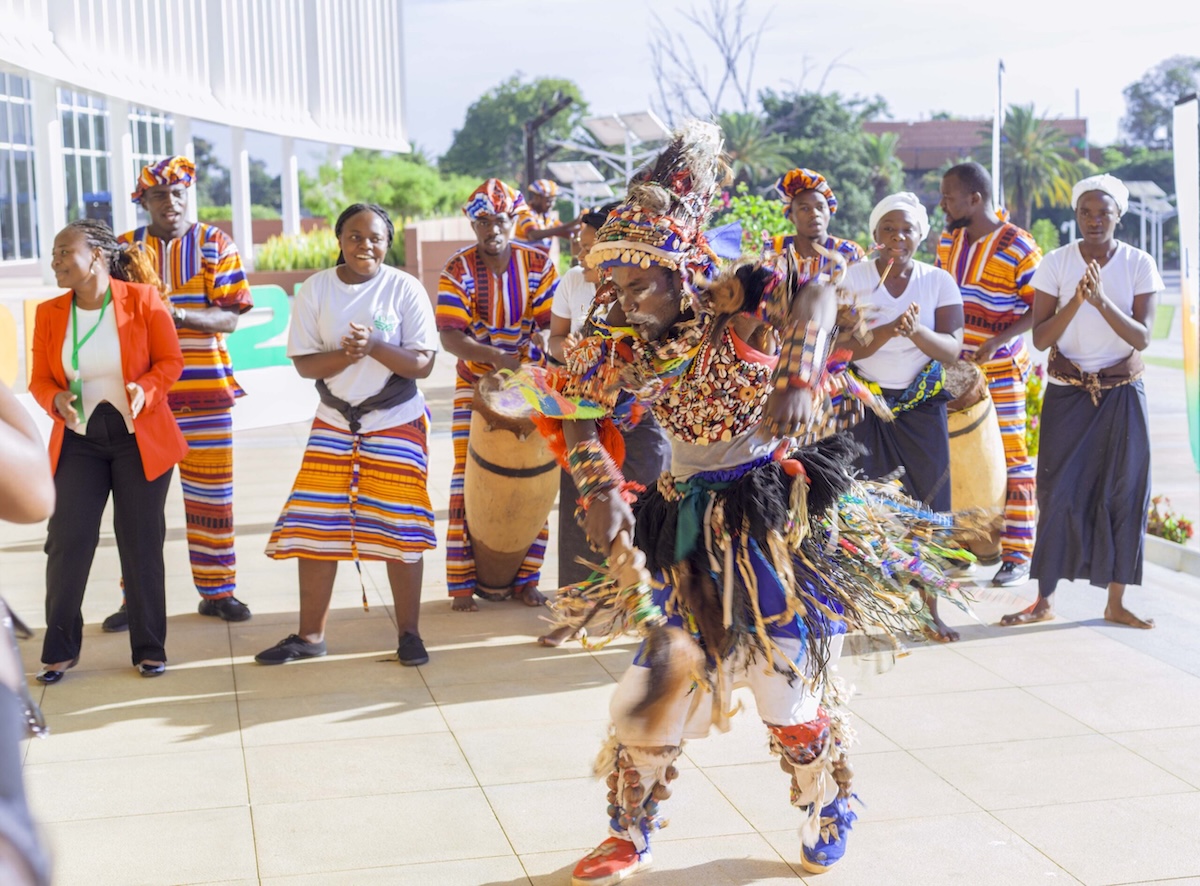Africa’s Digital Rights Under Scrutiny: Londa 2024 Report Reveals Gains and Gaps in Online Freedoms
Shutdowns are no longer rare—they're policy.

While gaining access to the internet has become not just a convenience but a human right. Yet, Africa’s digital rights challenges across the continent show that access remains frail, uneven, and often threatened. Paradigm Initiative’s Londa 2024 report, Digital Rights and Inclusion in Africa, gives a thorough overview of the state of digital freedom protection in 27 African nations.
A Growing Divide
The finding reports on a digital paradox, that is, the increase in Internet accessibility but seemingly not on affordability and equity. For instance, about 39.3% of citizens are connected in Angola but data costs take up almost 10% of the average incomes. Concerning Uganda, one example would be the 12% tax on data that essentially affects women, reinforcing the gendered implications highlighted in the African digital rights discussions.
Shutdowns: Silencing Dissent
Government-imposed internet shutdowns constitute one of the alarming trends. From Kenya to Senegal, the blackouts and throttling during protests and elections. In fact, the report documents 21 shutdowns that are clear violations of freedom of expression across 15 countries.
With her history of an open internet, Kenya surprised many when it shut itself fully down during protests in June 2024, and later shut down Telegram during national examinations. Other similar countries that have fallen into the same predicament include Mozambique, Nigeria, and Tanzania. All these issues form a disturbing trend in the evaluations of African digital rights in 2024.
Freedom of Speech: Lawfare and Fear
Even when the internet remains up, citizens are under growing restrictions on speech. Ambiguous cybercrime laws are weaponised to detain journalists and social media users in Togo and Botswana. Internet-related arrests are increasing in Botswana and Togo, while in Angola, the National Security Bill grants sweeping powers to disrupt communications, further foreboding for the African digital rights landscape.
Women are faced with heightened dangers, ranging from legal intimidation to incessant online harassment. In 2024, almost 60% of Angolan women politicians reported harassment, which affected their digital participation.
Progress Amid Challenges
One way or another, African digital rights in 2024 is also about progress. Malawi, Ethiopia, Cameroon, and the Central African Republic introduced new data protection laws. Ghana unveiled a digital economy strategy, while Tunisia connected all schools to fibre-optic internet, demonstrating promise for education.
Africa will also see quite some strides in AI governance. In 2024, the African Union adopted a continental AI strategy. Eleven countries, including Egypt and Nigeria, are now fashioning national AI policies. Regulatory safeguards, however, are lacking around the use of surveillance and ethical application in most African digital rights reviews.
Children and the Digitally Marginalised
Amid hesitation about child safety reforms, Gambian, Ghanaian, Malawian, and Tanzanian governments have put in place youth protection mechanisms online. Unfortunately, most countries are still using vintage child laws that do not take into account the digital dangers of our time, an issue the Londa 2024 Report sets its spotlight on.
The marginalised people with disabilities find it very frustrating as most government websites and apps do not have accessibility features. Digital illiteracy and poor infrastructure are contributing factors to this widening of the gap in the rural areas of Africa, crucial issues raised by the findings of the Londa 2024 Report.
A Call to Action
The Score Index is a new metric for assessing the degree of compliance with African Commission principles. Angola obtained a 31/60 rating,g signifying legal reforms but weak enforcement-very much in line with the findings in the Londa 2024 Report.
Paradigm Initiative urges governments to repeal laws that oppress, make affordable internet accessible, and protect online freedoms. Civil society, media, and platforms should be encouraged to promote and monitor violations more proactively.
“Londa” Means “Protect”
Londa is a Zulu word which means to protect: a title most appropriate for a document serving both as a warning and a road map. The growing digital space across the continent gives a stark choice for the Londa 2024 Report: deeper repression or defending inclusion. The leaders of Africa, on whose path shall rest the continent’s digital destiny.
Follow us on WhatsApp, Telegram, Twitter, and Facebook, or subscribe to our weekly newsletter to ensure you don’t miss out on any future updates. Send tips to editorial@techtrendsmedia.co.ke


